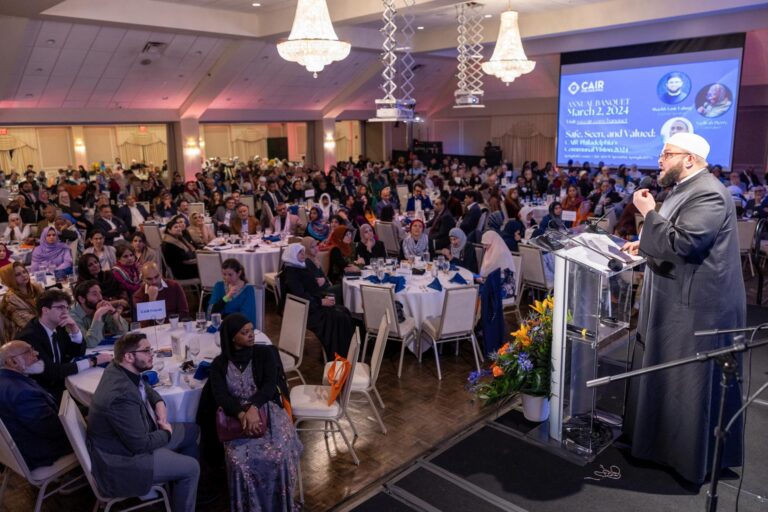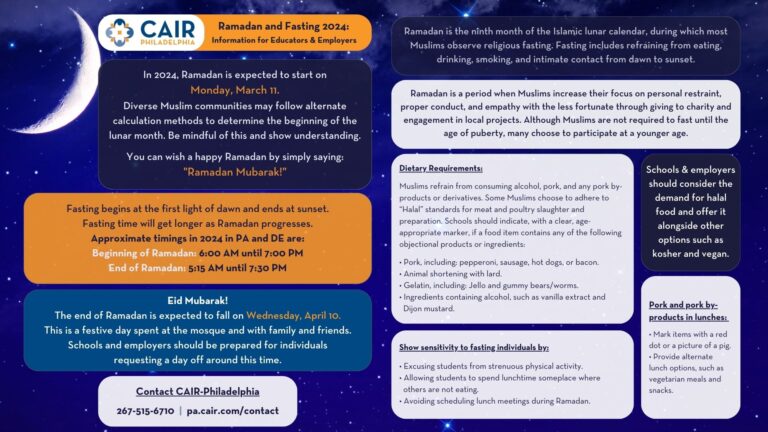Assalamu Alaikum, Brothers and Sisters,
Yesterday, the Supreme Court of the United States allowed parts of President Trump’s Muslim Ban to take effect on a temporary basis, while blocking other parts of the Ban. The Supreme Court plans to make a final decision about the case later this year.
In the meantime, here’s what you need to know about how this development may impact you, your family, your education or your business in regard to the six targeted countries: Syria, Somalia, Sudan, Iran, Libya, and Yemen.
1.The Potential Good News
The Supreme Court ruled that the Trump Administration MUST ALLOW foreign nationals from these countries to seek entry to the United States if they have a “credible claim” of a “bona fide” connection to the United States. What does that mean?
If you are legally present in the United Sates, you can seek to bring your “close” relatives who live overseas to the United States. If you run an American school or university, you can bring a foreign student to the United States. If you run an American business, you can bring a foreign worker to the United States.
2. The Potential Bad News
The Court has allowed the Trump Administration to BAN foreign nationals from the six targeted countries who have “no credible claim of a bona fide connection” to persons or entities in the United States. This part of the ruling leaves many questions unanswered.
For example, a legal resident of America can certainly expect to bring a spouse, parent or child to the United States. What about a brother, a cousin, or an aunt? What constitutes a legitimate and sufficiently close familial relationship?
The answer to this question would be determined on a case-by-case basis by immigration officials under the control of President Trump. If a family disagrees with a decision made by the Trump Administration, the family may have to pursue legal action against the government.
What about the travelers from the six countries who are scheduled to fly into the United States in the coming days and weeks? Immigration officials may detain or block those travelers while the Trump Administration reviews whether they do indeed have a legitimate and close connection to the United States.
As for refugees, the Supreme Court’s order effectively bans any future refugees who do not already have relatives living in the United States. The Supreme Court’s order also puts a question mark over refugees who are already in the process of coming to the United States.
3. What Should You Do Now?
- If you are in the process of, or hope to, bring a family member, student, worker or refugee from one of the six targeted countries, consult with an immigration attorney or civil rights organization.
- If a relative, student, worker or refugee is currently en route to the United States, immediately alert an immigration attorney or civil rights organization. Although the executive order may not take effect for another 72 hours, the Trump Administration may try to enforce it early.
- If you are a citizen of the six targeted countries and you live in the United States as a permanent resident or a student or worker on a visa, you should, in theory, be able to travel in and out of the United States.
However, in practice, you may face delays or worse if you leave the country and attempt to return. We recommend you consult with an immigration attorney before leaving the United States. We also recommend that, if possible, you stay in the United States until the Supreme Court issues its final ruling, which may happen late this year or early next year.
4. What CAIR-Philadelphia And Other Organizations Plan To Do
Please know that the case is not over yet. CAIR and many other organizations plan to continue fighting the Muslim Ban in both the court of law and the court of public opinion. This is critical, for the Supreme Court has apparently missed the broader point.
If President Trump’s Muslim Ban was indeed motivated by anti-Muslim bigotry, then absolutely no part of it is acceptable for any amount of time.





